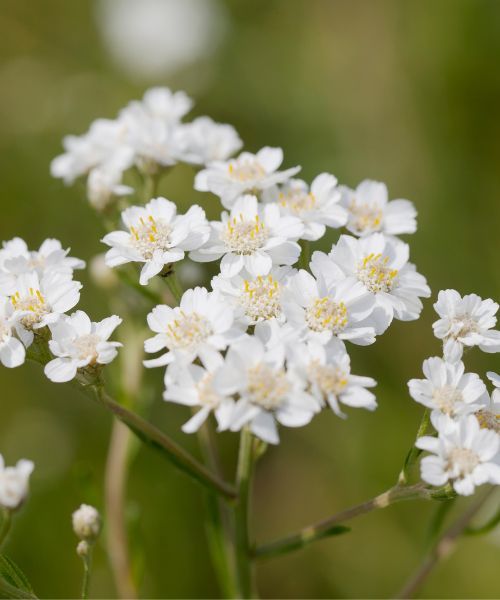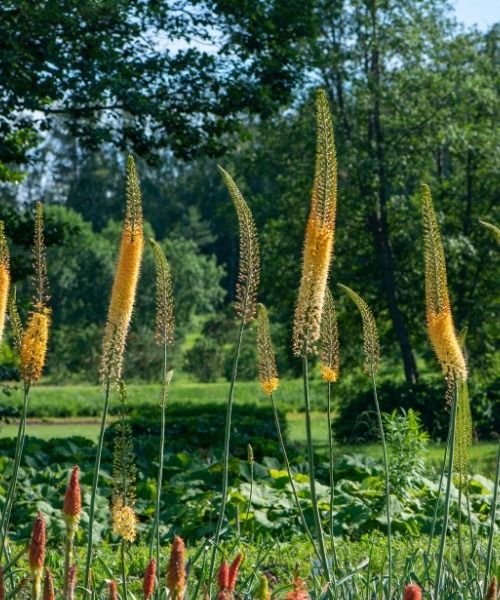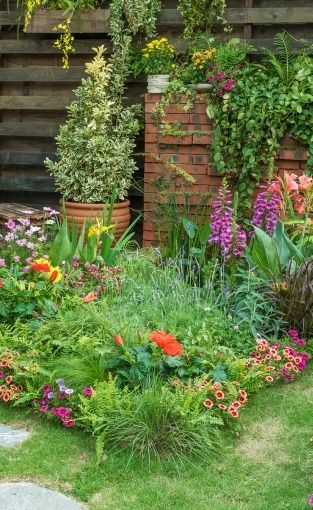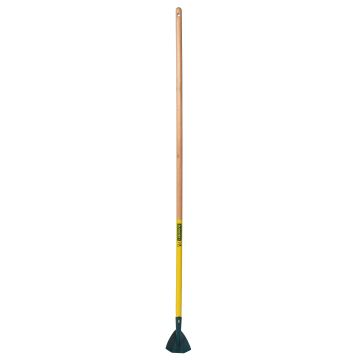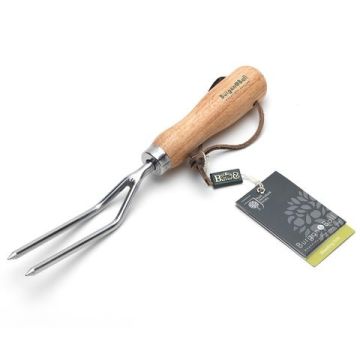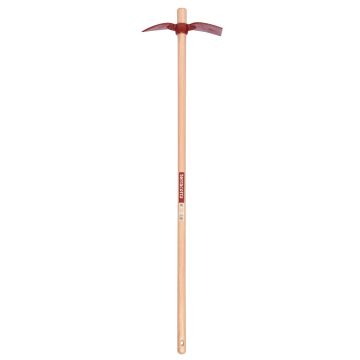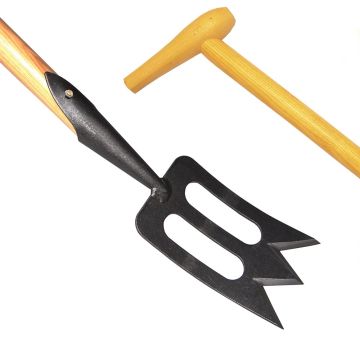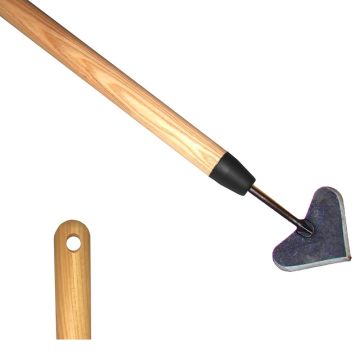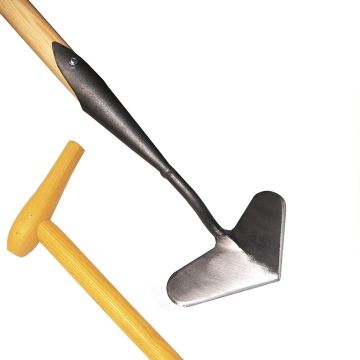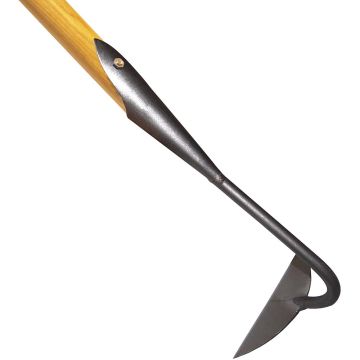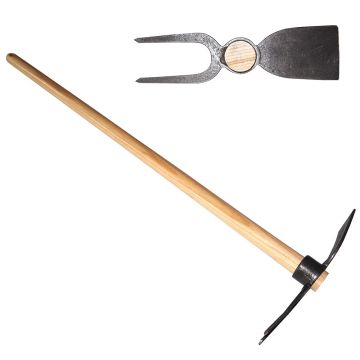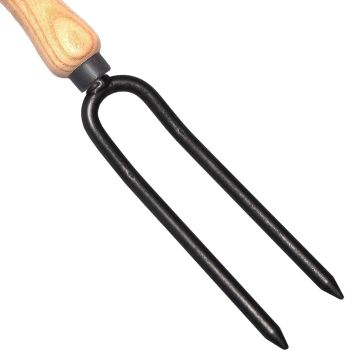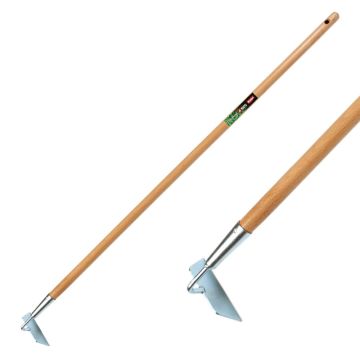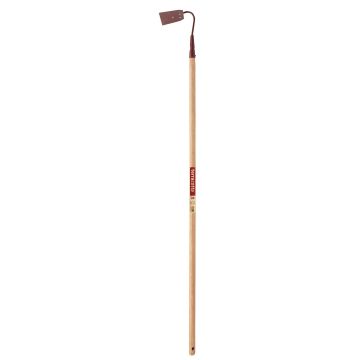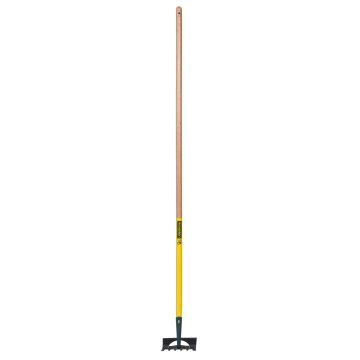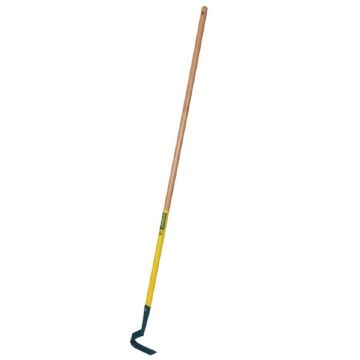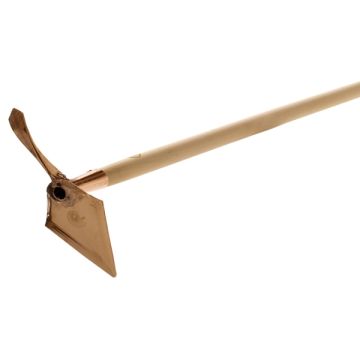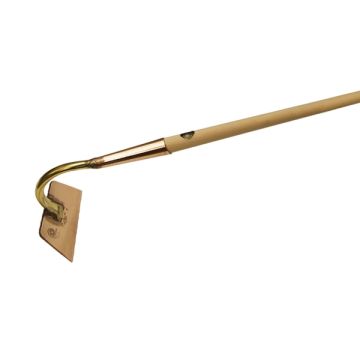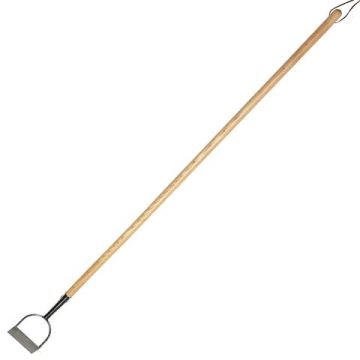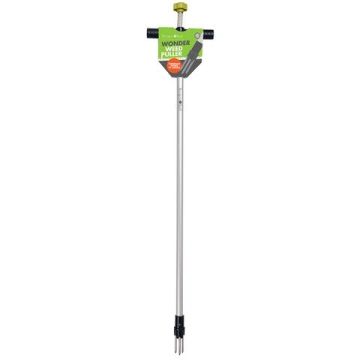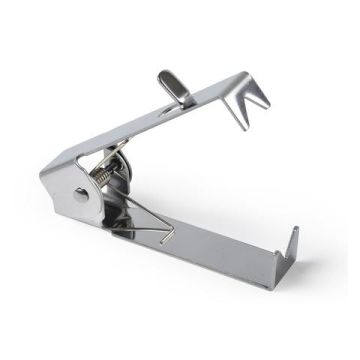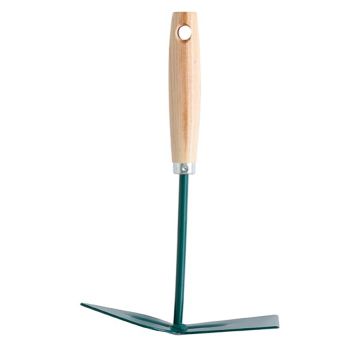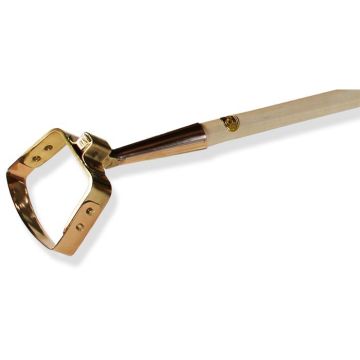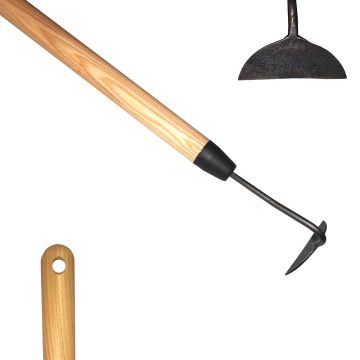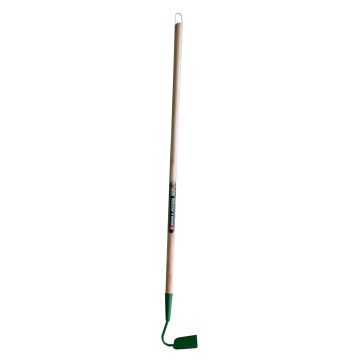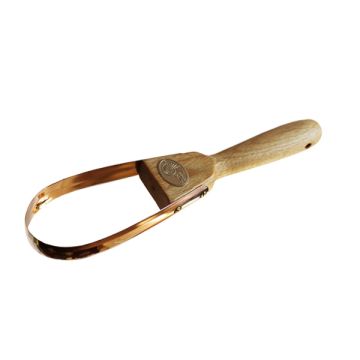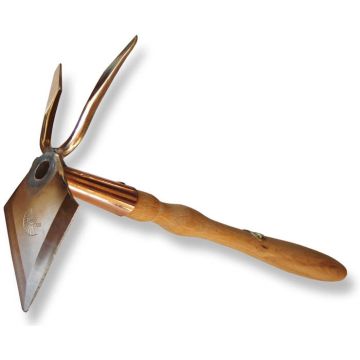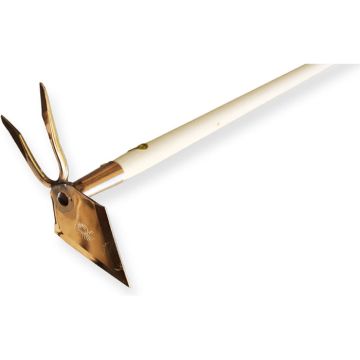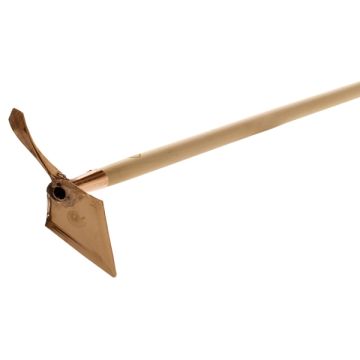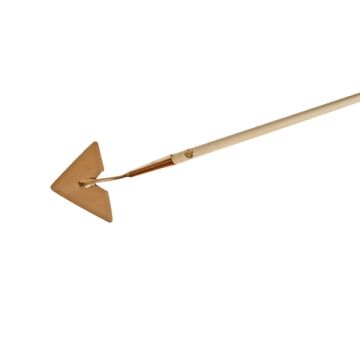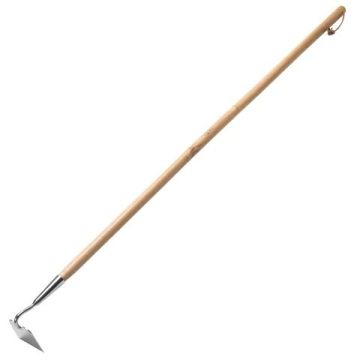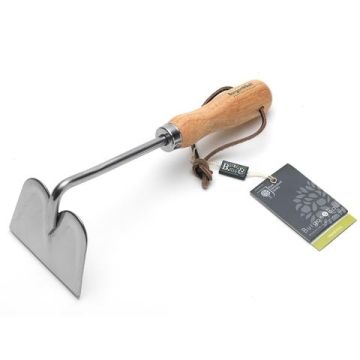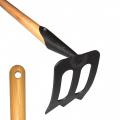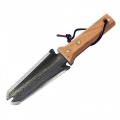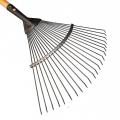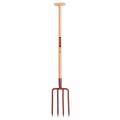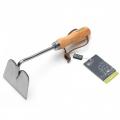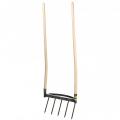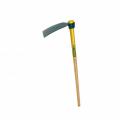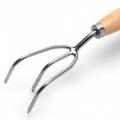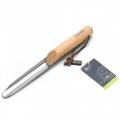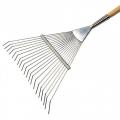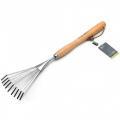Hoes
Does this plant fit my garden? Set up your Plantfit profile →
Available in 1 sizes
Available in 1 sizes
Available in 1 sizes
Available in 1 sizes
Available in 1 sizes
Available in 1 sizes
Available in 1 sizes
Available in 1 sizes
Available in 1 sizes
Available in 1 sizes
Available in 1 sizes
Available in 1 sizes
Available in 1 sizes
Available in 1 sizes
Available in 1 sizes
Available in 1 sizes
Available in 1 sizes
Available in 1 sizes
Available in 1 sizes
Available in 1 sizes
Available in 1 sizes
Available in 1 sizes
The hoe is an essential tool in the garden. This tool is used to weed the vegetable garden or ornamental garden without resorting to the use of chemicals, but also to work the soil on the surface. After cutting the weeds with a sharp blow at the neck level at the surface of the soil, the gardener uses the hoe for a second time to remove their roots, but also to loosen and loosen the superficial layer of the soil. The soil is thus aerated all around the cultivated plants. Let's not forget the old saying, "hoeing is worth two waterings": clayey or loamy soil, when it dries, hardens on the surface under the action of rain. This "crust" becomes difficult to rehydrate and has the effect of suffocating the plants. Add to this, that this crust promotes the rise of water to the surface and therefore its evaporation, and you will understand that hoeing is an essential activity in the garden to limit watering.
Haven't found what you were looking for?

































